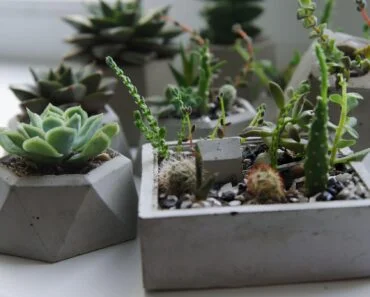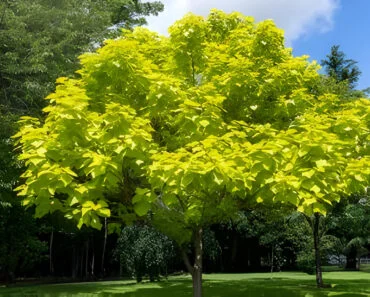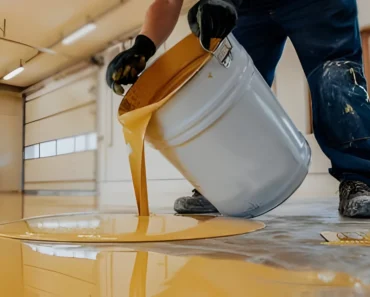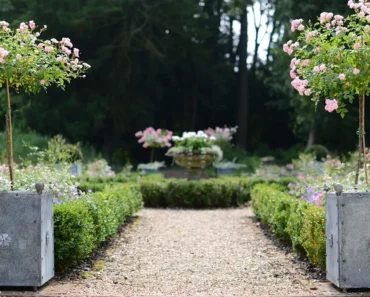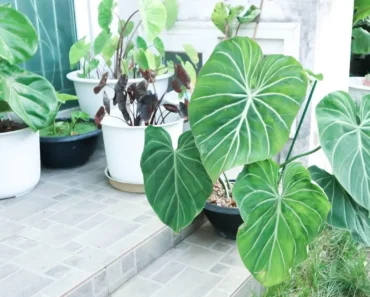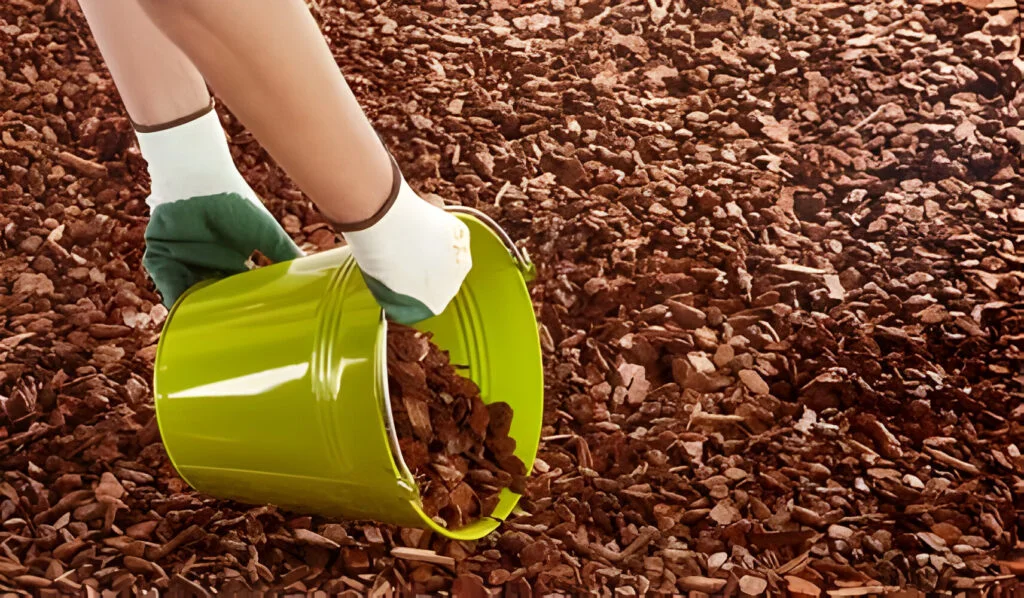
Mulching is a fundamental aspect of maintaining a healthy and attractive landscape. It conserves moisture, suppresses weeds, and can enhance the visual appeal of your garden. Two popular mulching materials are rubber mulch and wood mulch, each with its unique benefits and drawbacks. In this article, we delve into the specifics of rubber mulch versus wood mulch to help you determine which is best suited for your landscape needs.
Mulch and Its Purposes
Before comparing rubber and wood mulch, it’s essential to understand what mulch is and why it’s used in landscaping:
- Moisture Retention: Mulch helps soil retain water, reducing the need for frequent watering.
- Weed Control: Mulch acts as a barrier, limiting the growth of weeds.
- Temperature Control: Mulch insulates the soil, protecting roots from temperature extremes.
- Aesthetic Enhancement: A well-mulched garden looks tidy and is often visually appealing.
Rubber Mulch
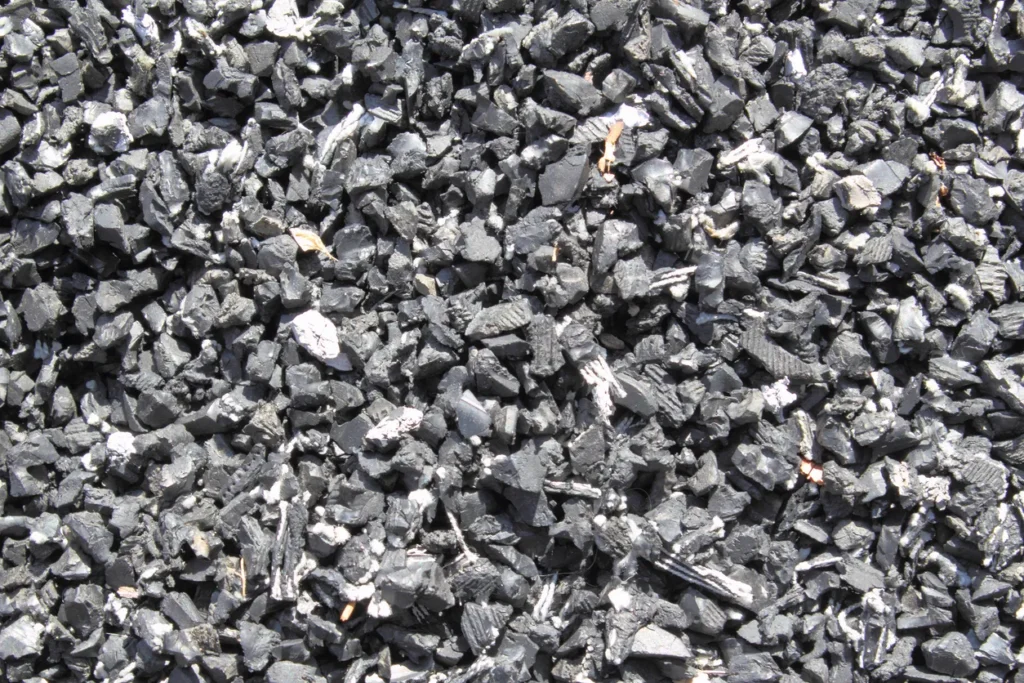
Rubber mulch, often made from recycled tires, is a durable and low-maintenance option for landscaping:
- Durability: Rubber mulch does not decompose, offering a long-lasting mulching solution.
- Color Retention: Available in various colors, rubber mulch maintains its vibrant appearance for years.
- Weed Suppression: Its density effectively blocks light, preventing weed germination.
- Safety Features: Rubber mulch is commonly used in playgrounds due to its shock absorbency.
Wood Mulch: Traditional and Natural
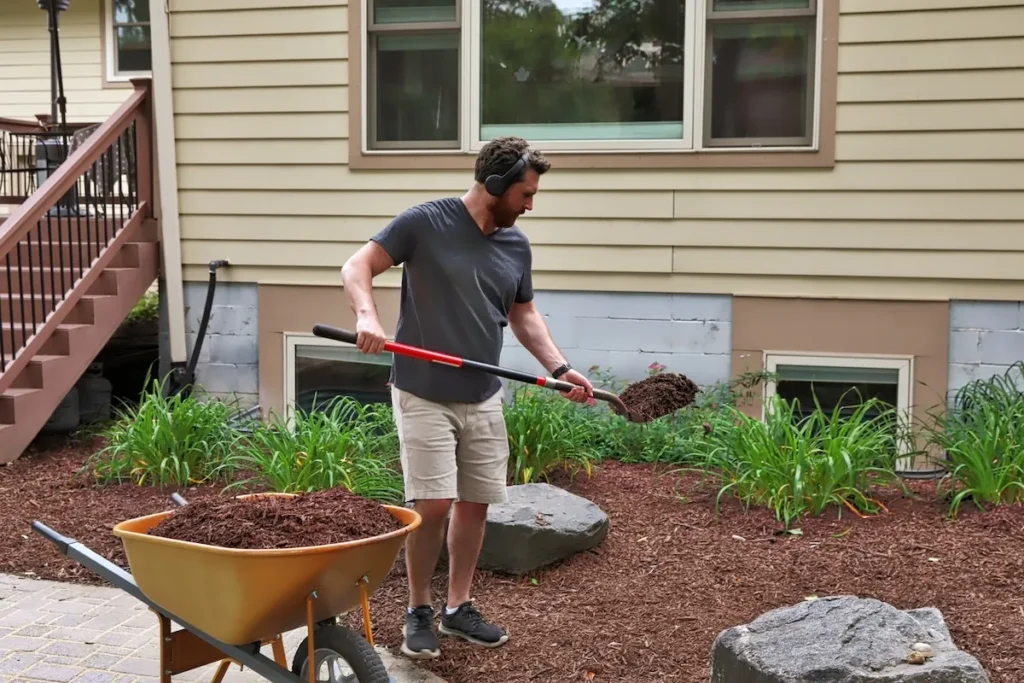
Wood mulch, derived from various tree barks and wood chips, is a natural and eco-friendly choice:
- Soil Enhancement: Wood mulch decomposes over time, enriching the soil with organic matter.
- Cooling Properties: Wood mulch helps keep soil temperatures stable.
- Cost-Effective: Generally cheaper than rubber mulch, wood mulch is economical for large areas.
- Natural Appearance: Offers a more traditional look that blends seamlessly into garden landscapes.
Rubber Mulch vs Wood Mulch
When choosing between rubber and wood mulch, consider the following advantages and disadvantages:
- Rubber Mulch Pros:
- Lasts longer than wood mulch.
- Does not attract pests.
- Available in multiple colors to match landscape design.
- Rubber Mulch Cons:
- More expensive initial investment.
- Can retain heat, potentially harming some plants.
- Not environmentally friendly as it doesn’t break down.
- Wood Mulch Pros:
- Enhances soil fertility as it decomposes.
- Regulates soil temperature effectively.
- More affordable and accessible.
- Wood Mulch Cons:
- Requires regular replacement.
- Can attract insects and pests.
- Color fades over time.
Impact and Sustainability
The environmental aspect is crucial when deciding between rubber and wood mulch:
- Rubber Mulch: While recycling tires is beneficial, concerns about chemical leaching and long-term environmental impact remain.
- Wood Mulch: Supports a natural cycle of growth and decay, but its sourcing and the energy used in production can affect its sustainability.
